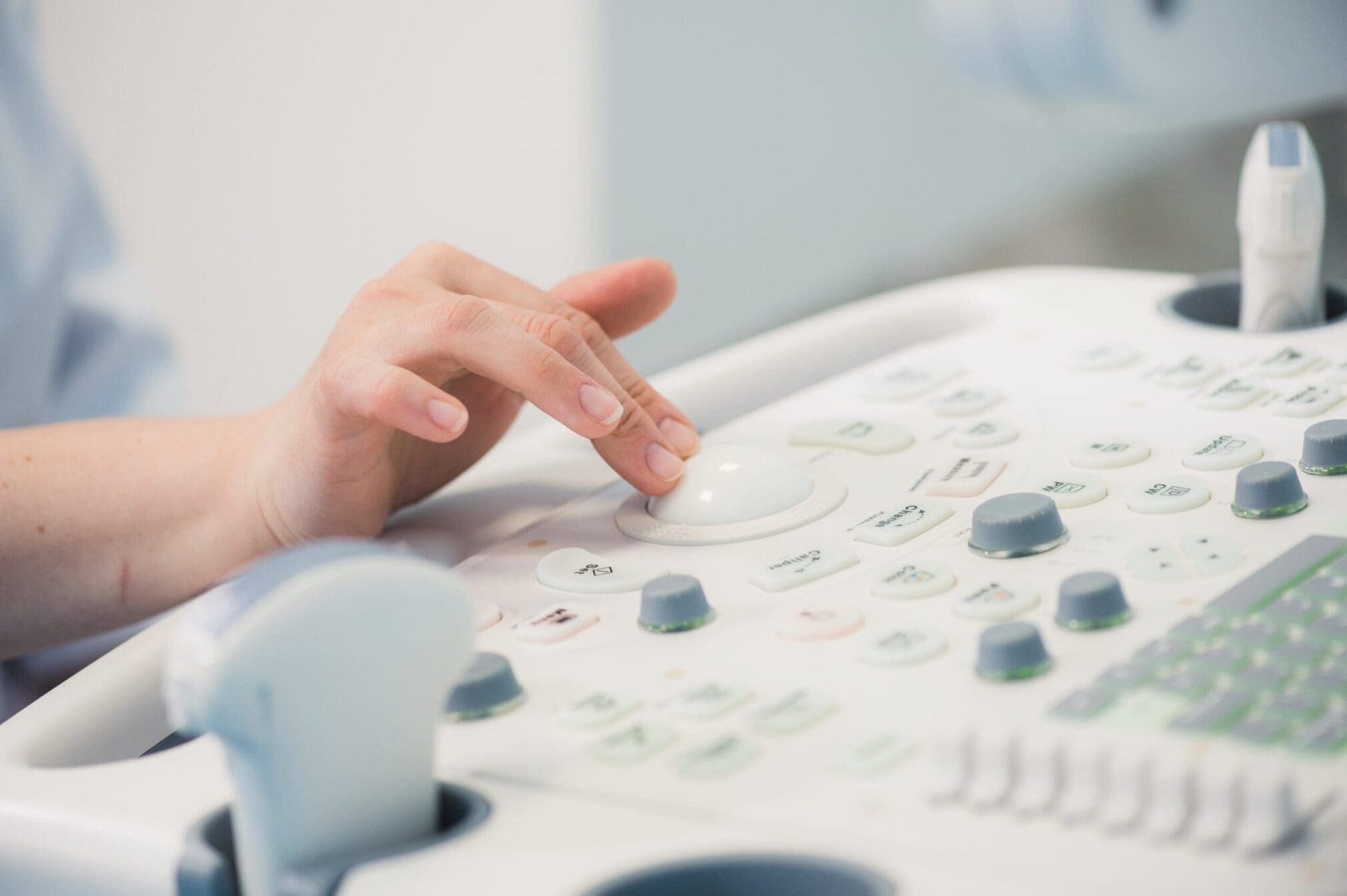The Special Committee on Artificial Intelligence in a Digital Age (AIDA), established by the European Parliament, has directed all its efforts in filling current regulatory gaps to develop a European framework on Artificial Intelligence (AIDA, 2021).
Following its public hearing, AIDA has recently published a Working Paper on AI and Health. At the core of talks, the role of AI in paving the way towards precautionary measures, preparation and discovery of new treatments for improving healthcare and enhancing innovation (AIDA, 2021).
The main actions to be taken for achieving such endeavor revolve around the harmonization of governing rules across the EU, integrating ethical rules from the very first stages of the development and design of AI devices, and the adequate protection and safeguards for consumers. Especially concerning this last point, meaningful human control, safety, validation of software applied to health and trustworthiness of algorithm-powered diagnoses shall be ensured(AIDA, 2021). This has led the European Commission to propose a Regulation harmonizing the rules on Artificial Intelligence (COM, 2021).
While a uniformed definition of Artificial Intelligence System still needs to be officially adopted, AI is considered to refer to computer programs having the capacity to perform operations analogous to learning and decision-making in humans (COM, 2021, Art. 3). AI technologies may potentially optimize the performances of devices in a continuous manner, autonomously, evolving in real time and adapting to its data input.
Especially in the field of medical devices, the use of Artificial Intelligence is growing rapidly.
However, the current legal framework raises certain doubts regarding the relation between AI and medical devices. To this point, given the diverse application and interpretation of AI as medical devices, it remains uncertain as to whether a software using AI may or may not be considered as falling under the scope of the Medical Device Regulation and be classified as such(COM,2020).
The adoption of a harmonized regulatory framework for Artificial Intelligence at a European level may help solve any doubts concerning the implementation of rules, the risks and the safe use of self-learning medical devices.
According to the Proposal of a Regulation harmonizing rules on Artificial Intelligence, an AI system used as a medical device shall be classified as high risk, and shall be subject to scrutiny by a Notified Body (COM, 2021, Art. 6). Moreover, the device shall fulfill all the requirements already established by the Medical Device Regulation, but also those laid down in Chapter II of the Proposal for an AI Regulation (COM, 2021, Arts. 8, 43(3)).These requirements include:
- Risk management;
- Human oversight;
- Transparency and provision of information to users;
- Record-keeping.
Manufacturers shall also ensure that the requirements of Chapter III of the AI Regulatory Proposal are complied with (COM, 2021, Art. 16). These closely resemble the requirements under the Medical Device Regulation and include:
- Appointment of Authorized Representative;
- Quality Management System;
- Affixing of CE marking on the AI system.
Given the important risks which can be coupled with devices of this nature, it becomes necessary to ensure that risks assessments and safety requirements in conformity assessment procedures take into consideration any new activity learnt and undertaken by the AI(COM, 2021).
Should the proposal for the AI Regulation be adopted, manufacturers of AI system as medical devices shall comply both with MDR requirements and with those laid down in the Artificial Intelligence Regulation.
Francesca Romana Anedda
Regulatory Affairs Department
27.04.2021
Are you a medical device manufacturer? Are you in doubts about the requirements of future MDR? Contact us today!
References:
- AIDA. (2021). AIDA Working Paper on Artificial Intelligence and Health. Retrieved on 27.04.2021 from https://www.europarl.europa.eu/cmsdata/231039
- European Commission. (2021). Proposal for a regulation of the European Parliament and of the Council laying down harmonised rules on Artificial Intelligence (Artificial Intelligence Act) and amending certain union legislative acts. Retrieved on 27.04.2021 from Proposal for a Regulation laying down harmonised rules on artificial intelligence (Artificial Intelligence Act) | Shaping Europe’s digital future (europa.eu)
- European Commission. (2021). Proposal for a regulation of the European Parliament and of the Council laying down harmonised rules on Artificial Intelligence (Artificial Intelligence Act) and amending certain union legislative acts. Retrieved on 27.04.2021 from Proposal for a Regulation laying down harmonised rules on artificial intelligence (Artificial Intelligence Act) | Shaping Europe’s digital future (europa.eu)
- European Commission. (2020). Advanced Technologies for Industry – Product Watch: Artificial Intelligence based software as a medical device.Retrieved on 27.04.2021 from ATI – Artificial Intelligence-based software as a medical device.pdf (europa.eu)


